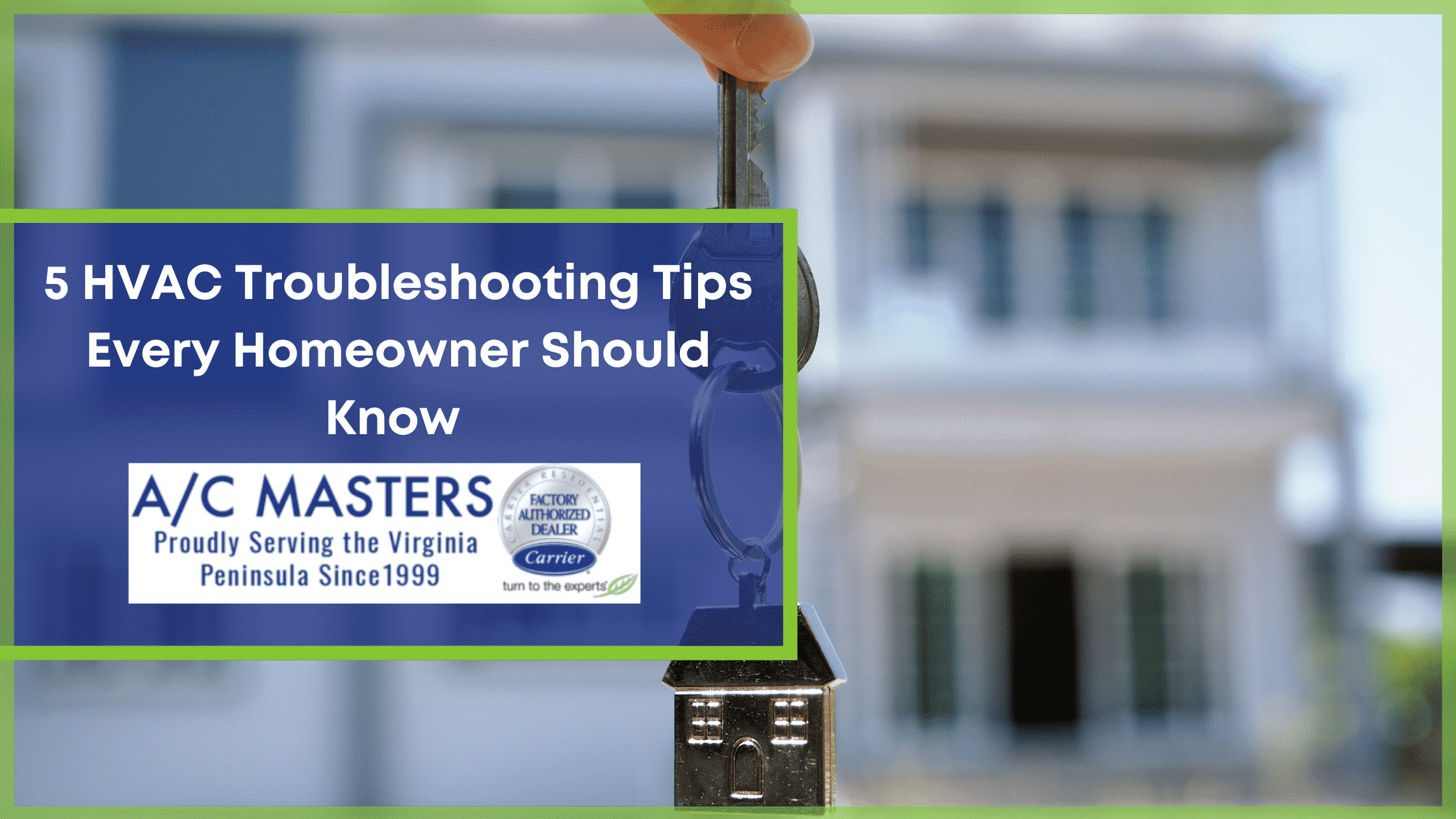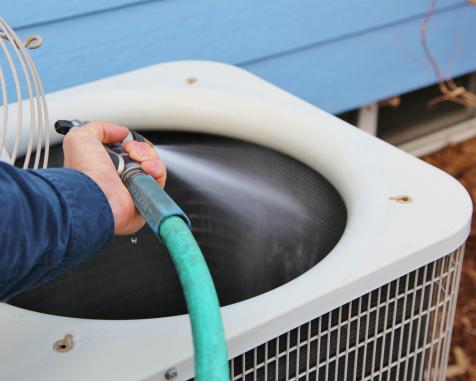
Mastering HVAC: Essential Troubleshooting Tips for Homeowners

Exploring Essential HVAC Troubleshooting Tips for Homeowners
Maintaining a comfortable home environment relies heavily on a properly functioning HVAC (Heating, Ventilation, and Air Conditioning) system. When issues arise, knowing how to troubleshoot common problems can save you time, money, and discomfort.
Understanding the Basics of HVAC Systems
Before diving into troubleshooting tips, it’s crucial to understand the basics of your HVAC system. Familiarize yourself with the components, such as the thermostat, air filter, ductwork, and outdoor unit. This knowledge forms the foundation for effective troubleshooting.
Checking the Thermostat Settings
A common culprit for HVAC issues is often a simple oversight with the thermostat. Ensure that it’s set to the desired temperature and mode (heating or cooling). Additionally, replace the batteries regularly to prevent potential malfunctions.
Inspecting and Changing the Air Filter
A clogged or dirty air filter can significantly impact your HVAC system’s efficiency. Check and replace the air filter regularly, usually every 1-3 months, to maintain optimal airflow and prevent strain on the system.
Examining the Ductwork for Leaks
Leaky ducts can lead to energy waste and an inefficient HVAC system. Inspect your ductwork for any visible leaks, gaps, or damage. Sealing these issues can enhance the overall performance and energy efficiency of your system.
Ensuring Proper Airflow Around the Outdoor Unit
The outdoor unit of your HVAC system requires adequate airflow to function efficiently. Clear away any debris, vegetation, or obstructions around the unit to ensure unrestricted airflow. This simple step can prevent overheating and system malfunctions.
Checking for Unusual Noises or Odors
Unusual noises or odors from your HVAC system may indicate underlying issues. Rattling, clanking, or grinding sounds could signal mechanical problems, while musty or burning odors may indicate issues with the ductwork or electrical components. Address these promptly to prevent further damage.
Inspecting the Condensate Drain Line
A clogged condensate drain line can lead to water damage and affect your system’s efficiency. Regularly inspect and clean the drain line to prevent blockages. This simple maintenance task can help avoid issues with water leakage and mold growth.
Verifying the Power Supply
If your HVAC system is unresponsive, check the power supply. Ensure that the unit is plugged in, circuit breakers are not tripped, and fuses are intact. Issues with power supply are often simple to rectify and can save you from unnecessary service calls.
Scheduling Regular Professional Maintenance
While DIY troubleshooting is beneficial, scheduling regular professional maintenance is equally important. A qualified technician can identify potential issues before they escalate, ensuring the longevity and efficiency of your HVAC system.
Investing in Smart HVAC Solutions
Consider upgrading to smart HVAC solutions that offer remote monitoring and control. These systems provide real-time insights into your HVAC performance and can alert you to potential issues, allowing for proactive troubleshooting.
Conclusion: Empowering Homeowners with HVAC Knowledge
By understanding the fundamentals and implementing these HVAC troubleshooting tips, homeowners can take proactive steps to maintain a comfortable indoor environment. For a curated selection of HVAC solutions and further guidance, explore HVAC troubleshooting

